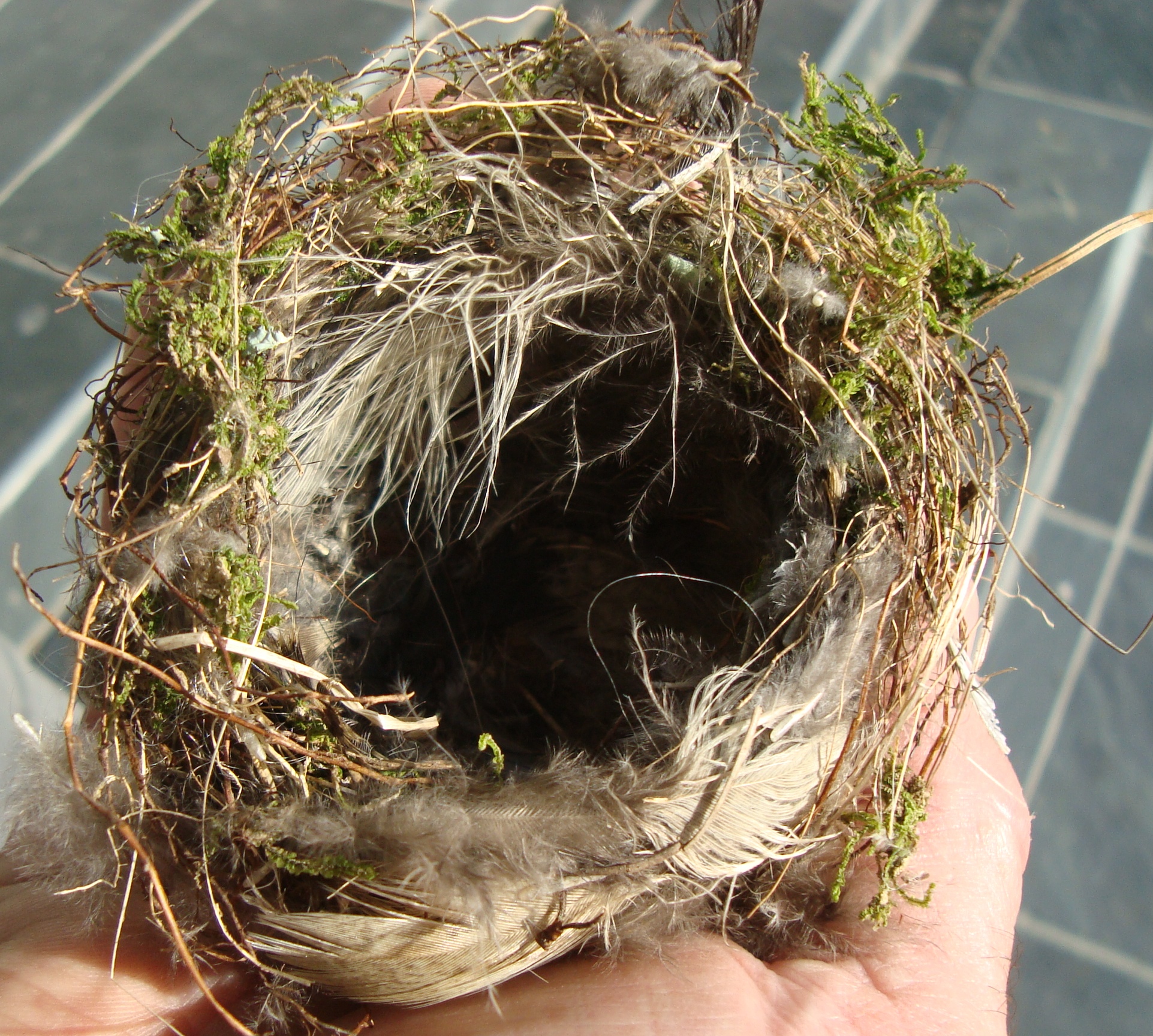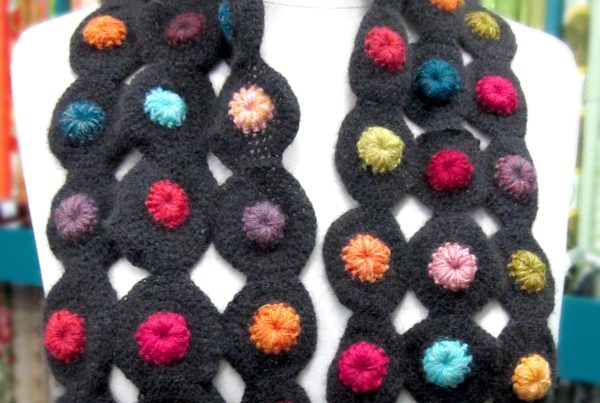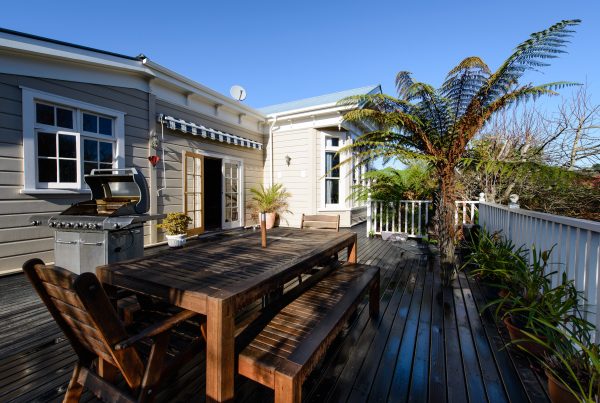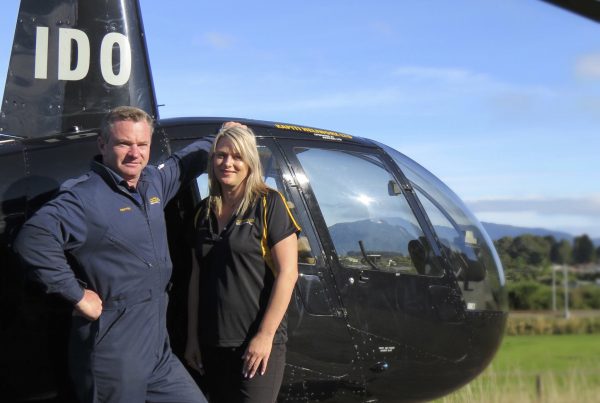

Zealandia is a predator-free oasis for birds in Wellington, and they’re spilling over into our gardens seeking out food, water and a safe place to build a nest. They need our protection once outside the fence if they are to stand a chance of raising a family. Even if we don’t see predators, there are many rats, mice, stoats, hedgehogs, weasels and possums about, even close to town. They’ll disturb nesting birds and eat their eggs and chicks. Setting traps and using bait stations keeps their numbers down and lets us monitor their activity in our gardens.
Minimising our use of chemicals, particularly sprays, is important in keeping the ecosystem balanced in our gardens. Natural pest controls often require a bit more effort but are kinder to those species we want to encourage. Even insecticides applied as a seed coating seem to affect insects that later collect pollen from the plant, so choosing untreated seed is vital. Single flowers are easier for insects to collect from than double, highly modified versions.
Birds and insects are an essential part of our gardens. They pollinate our plants, entertain us with their activity and fill the air with their songs and sounds. With a little care we can make our space as inviting to them as it is to us. We’ll be rewarded by a garden overflowing with wildlife of the best kind.
[success]Try these flowers in your edible garden:
Calendula, chives, cucumbers, pumpkin, rosemary, sage, sunflower, thyme.
Kings Seeds sells ‘Bring on the Bees’ and ‘Butterfly Beauties’ seed selections (kingsseeds.co.nz)
Try these trees and vines in your orchard:
Apple, grapes, kiwifruit, lemon, pear
Try these New Zealand native trees and shrubs for shelter:
Akeake, cabbage tree, flax, hebe, kōwhai, lacebark, lemonwood, pōhutukawa, rewarewa, wineberry
Try these exotic trees if you have space:
Acacia, banksia, bottlebrush, eucalypts, tree lucerne[/success]




